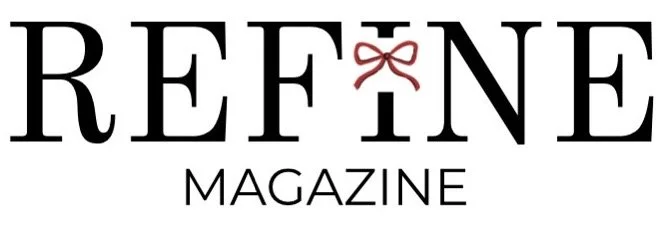Outnumbered
By Kelly Thompson
Women have it hard in every major. I've even had film classes where men have laughed proudly at depictions of misogynistic violence. Film is not considered a male-dominated major, although that would be news to a lot of female film majors.
When people think about male-dominated majors, they typically think about STEM. According to Catalyst, a nonprofit which works to further the cause of women in workplaces, only 35.5% of undergraduate STEM degrees in the United States went to women in 2015-16.
Unfortunately, women in these fields face gender discrimination almost constantly, even at the highest levels of the field.
Right now, Temple is being sued for gender discrimination. On Dec. 30, 2019, a female tenured physics professor filed a suit against the university for allegedly ignoring her complaints of repeated acts of intimidation and sabotage from a male colleague.
Photo courtesy of Morgan Caswell
“The Temple News published a story and that’s how the majors found out,” said Morgan Caswell, a junior physics and philosophy double major.
Caswell said she was annoyed with the negative perception of her department and the university, and got to the point where she wrote an unpublished op-ed for the same newspaper that broke the lawsuit news.
“I think that Temple, in particular, attracts students who are interested in diversity and are interested in being in an environment that’s not traditional,” Caswell said.
A lack of cross-gender communication seems to be an issue for a lot of women, both in their classes and with male faculty members. Many women in these fields experience a fear of exposing themselves to male scrutiny.
Skylar Charles, a senior exercise sports and science major and president of Women In Medicine, a Temple club that reaches out to women looking to go into health professions, expressed how she’s frustrated by what she sees in class.
“Boys in class, they’re more open to raise their hands or to just talk out loud,” Charles said. “Whereas a woman, you’re just like ‘Oh, I should raise my hand. I know the answer.’ But you don’t want to put your hand up there.”
Taylor Franck, a senior marketing major and REFINE’s director of PR and events, at times feels isolated or rejected.
“Quite often, we have projects and business simulations because they want to kind of model the real business world,” Franck said. “And unfortunately, a lot of the time, the majority of my group is male, and I just got kind of a bad grade on the paper because my group wouldn’t listen to me or my input.”
Group projects are unpleasant no matter what the group looks like, but it doesn’t help to be the only woman in the room. Things are hard for all women, but it can be especially rough for women of color.
“I feel alone, like being a predominantly African female in STEM and everything gets very discouraging in class when you see a lot more white faces than black faces,” said Faridatou Issiako, a junior health profession major and vice president of Women In Medicine.
A lot of the discrimination these women are facing can also be seen outside of the classroom and out in the real world.
“I think that Temple’s supportive, but it’s more so society, in general, that’s not supportive,” said Maria Santiago, a freshman recreational therapy major and e-board member of WIM.
Thankfully, these women can find the support they need with the help of campus clubs that allow them to find a space with women on the same paths.
Photo courtesy of Julie Lee
Julie Lee, a senior mechanical engineering major and vice president of the Society of Women Engineers, expressed how important SWE has been in her college experience.
“I don’t think I would have stayed in my major, if I’m being honest, if I didn’t have [Society of Women Engineers],” Lee said.
Lee sees a day in the near future where there won’t be a need for clubs like SWE.
But the fact of the matter is that right now we need the Society of Women Engineers, Women In Medicine, and other groups like them to support women who feel as though their chosen fields reject them––they need each other and are stronger together.
Cover image courtesy of Women in Medicine at Temple



